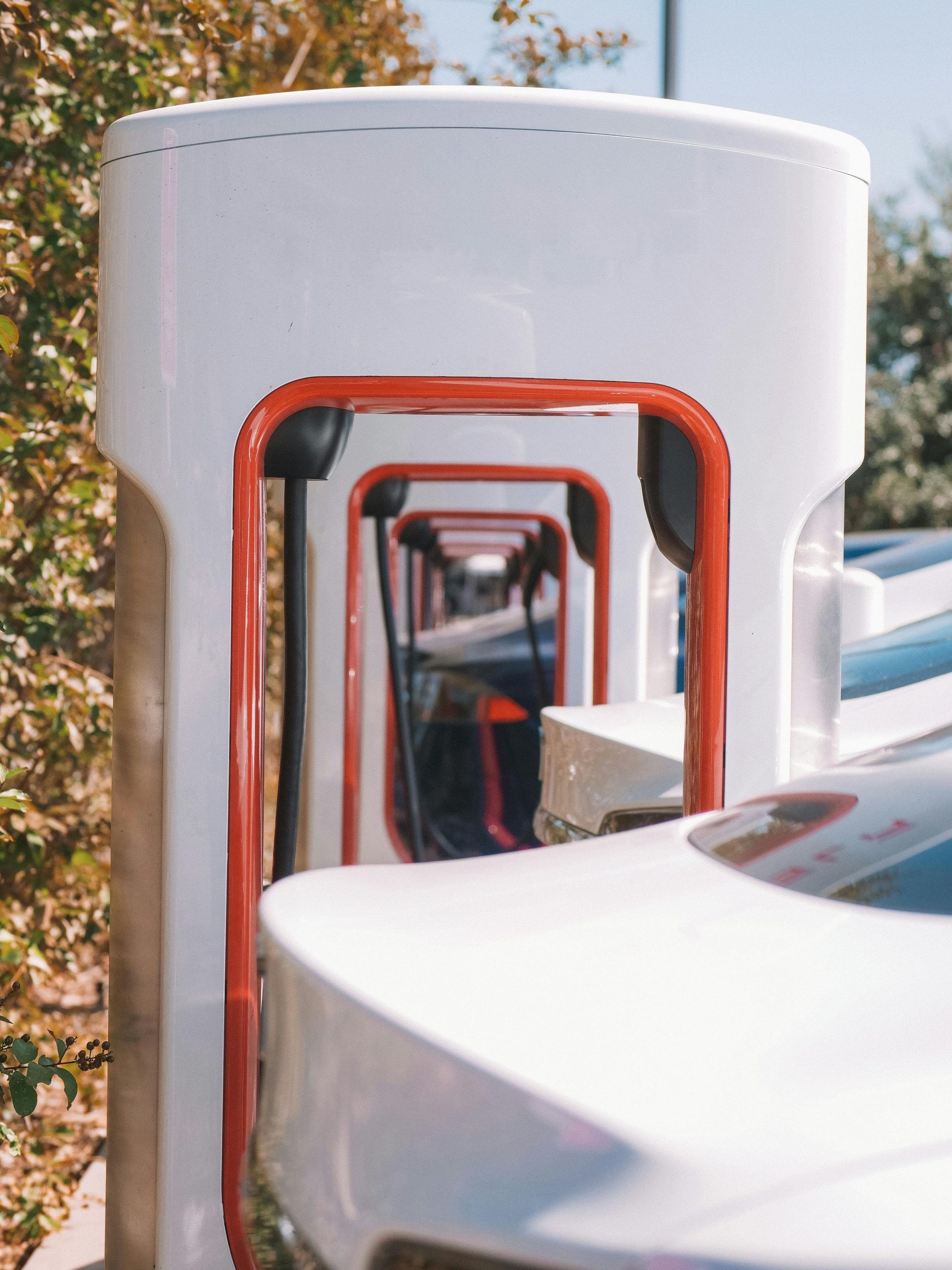1. EV vs Gas Car Long-Term Cost Comparison: Why It Matters?
When choosing a car, many buyers focus on upfront costs, but the true expense of owning a vehicle goes far beyond the initial purchase price. EV vs Gas Car Long-Term Cost Comparison is essential because factors like fuel expenses, maintenance, insurance, and depreciation can significantly impact your total cost of ownership.
With EV adoption growing rapidly in 2025, more people are asking:
- Are electric vehicles (EVs) actually cheaper to own than gas cars?
- How do charging costs compare to fuel expenses?
- What about maintenance and repair costs?
In this article, we’ll break down the real long-term costs of EVs vs gas cars, using 2025 data, real-world case studies, and expert insights to help you make the best financial decision.
2. Purchase Price: EV Incentives vs. Gas Car Discounts
| Model | Base Price (USD) | Government Incentives (USD) | Final Purchase Cost (USD) |
|---|---|---|---|
| Tesla Model 3 RWD | $38,990 | $7,500 (US federal tax credit) | $31,490 |
| Toyota Camry LE | $26,420 | None | $26,420 |
Real-Life Example: How EV Incentives Affect the Final Cost
In 2024, a California resident, John, initially considered buying a gas-powered Toyota Camry. However, after factoring in a $7,500 federal tax credit and a $2,000 California state EV rebate, he realized that a Tesla Model 3 was nearly the same price as the Camry.
→ My Take: If your state offers EV incentives, the initial cost difference between an electric and a gas car can shrink significantly.
3. Energy Costs: Charging vs. Gas—Which Is Cheaper?
| Model | Energy Consumption per 100 Miles | Energy Cost per Unit | Annual Cost (20,000 miles) |
|---|---|---|---|
| Tesla Model 3 RWD | 13.2 kWh | $0.15/kWh | $396 |
| Toyota Camry LE | 7.1 gallons | $3.50/gallon | $1,988 |
Charging vs. Gas Costs in California vs. Texas
- California: Home charging $0.22/kWh, Supercharger $0.35/kWh, Gasoline $5/gallon
- Texas: Home charging $0.13/kWh, Gasoline $3.20/gallon
→ My Take: If you live in a state with high gas prices (like California), an EV can save you a lot on fuel costs. But in states with low gas prices (like Texas), the savings are less significant.
4. Maintenance & Repair Costs: Are EVs Really Cheaper?
| Model | 5-Year Maintenance Cost (USD) | Major Repair Items |
|---|---|---|
| Tesla Model 3 RWD | $2,800 | Tires, Brake Pads, Battery Cooling |
| Toyota Camry LE | $4,500 | Oil Changes, Transmission Fluid, Spark Plugs |
Real-World Case: The Hidden Costs of EV Repairs
In 2024, a Tesla Model 3 owner shared on Reddit that his battery management system failed, requiring a full battery replacement costing $16,000—even though his car’s resale value was only $22,000.
→ Conclusion: EVs have lower maintenance costs, but if you need a major repair, the costs can be much higher than a gas car.
5. Insurance Costs: Why Are EVs More Expensive to Insure?
| Model | Average Annual Insurance Cost (USD) |
|---|---|
| Tesla Model 3 RWD | $1,700 |
| Toyota Camry LE | $1,400 |
Why Are EV Insurance Rates Higher?
- High Repair Costs: EV parts and repairs are more expensive.
- Accident Risks: Battery damage can result in a total loss claim.
- New Technology: Features like autonomous driving systems increase repair complexity.
→ My Take: EV insurance rates might decrease over time as technology matures, but for now, they remain a key cost consideration.
6. Depreciation & Resale Value: Do EVs Lose Value Faster?
| Model | 3-Year Resale Value (%) | 5-Year Resale Value (%) |
|---|---|---|
| Tesla Model 3 RWD | 58% | 41% |
| Toyota Camry LE | 61% | 45% |
Used EV Market Trends
In 2023, Tesla’s frequent price cuts caused many Model Y owners to lose over 20% of their car’s value in just one year. Meanwhile, Toyota Camry prices remained stable in the used car market.
→ My Conclusion: If you plan to sell your car in 3 years, a gas car is a safer investment. But for long-term ownership (5+ years), EV depreciation is manageable.
7. Final Verdict: Should You Buy an EV or a Gas Car?
| Factor | EV | Gas Car |
|---|---|---|
| Purchase Price | Higher (but incentives help) | Lower |
| Energy Costs | Lower | Higher |
| Maintenance | Lower | Higher |
| Insurance | Slightly higher | Slightly lower |
| Depreciation | Faster | Slower |
Best Choice:
- For city commuting & long-term ownership (5+ years) → EV is better
- For frequent road trips & short-term ownership (3 years or less) → Gas car is better
8. What’s Your Choice? Share & Comment!
Are you considering an EV or a gas car? What has your experience been like? Drop a comment below and share your thoughts!
If this article helped you, share it with your friends to help them make an informed decision!







